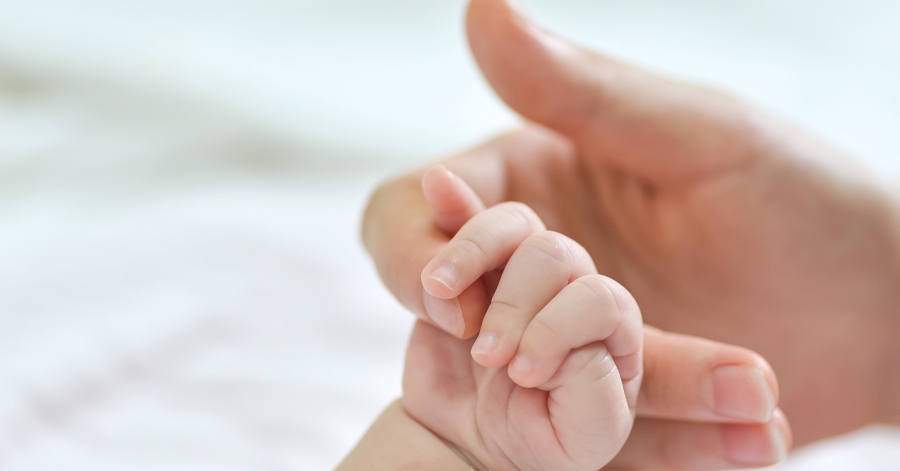In what is considered a first in the region, His Highness President Sheikh Khalifa bin Zayed Al Nahyan, approved new amendments to federal laws on the regulation of labor relations, granting paternity leave to employees in the private sector following the recent announcement of a peace accord with Israel.
The provision of paternity leave has been established as part of efforts to support gender balance and equal opportunities as well as to realize family cohesion and stability.
UAE to Grant Paternal Leaves to Employees in Private Sector
In line with this development, male employees in the private sector shall be entitled to a five-day paid leave to take care of their new-born infants during the period from the date of birth until turning six months, Gulf News reported.
UAE authorities believe that the new rule will strengthen the UAE’s leadership and increase its competitiveness in the area of gender balance and achieve family cohesion and stability.
The new rule also encourages young talents to pursue a career in the private sector, where the parental leave is the latest in a series of benefits for private-sector employees which aims to enhance the role of parents, which is granted to the “father or mother” employee in childcare and is paid.
The development, seen as the first in the region, is part of the UAE’s gender balance-related legislation that aims to create a competitive model for the world and promote the working environment in the country’s private sector to harmonize with the next stage within the leadership’s directives to prepare for the next 50 years.
Why is this New Law so Important?
Not only did this development distinguished UAE labor laws in the region, but also streets ahead of Western countries like the US, where there is no guaranteed paid maternity leave, let alone paid leave for fathers.
Based on multiple studies, paternity leaves can have lasting effects not only for child-parent bonding but also for the mother and parents’ relationship.
According to research, children whose fathers took paternity leave have reported feeling closer to their fathers than those whose fathers did not; even short periods of paternity leave have been associated with greater marital stability and reduced risk of divorce.
Swedish research shows that flexible leave for fathers has a dramatically positive effect on maternal physical and mental health.
Policies that ensure fathers receive the support they need to prioritize their family responsibilities, while also meeting work demands, can significantly increase the personal and economic well-being of their families.
In a country such as the UAE where many expat parents are far from their family support networks, the supportive role of the husband and father in childrearing as well as in the family cannot be further emphasized.
As it is practical and beneficial to parents and their children, this move is also an excellent step in the right direction and it cements the UAE’s status as a family-friendly country.
ALSO READ: Cost of Living in Dubai for a Family of 3 (Couple with Toddler)
